EXHIBITIONS & INSTALLATIONS
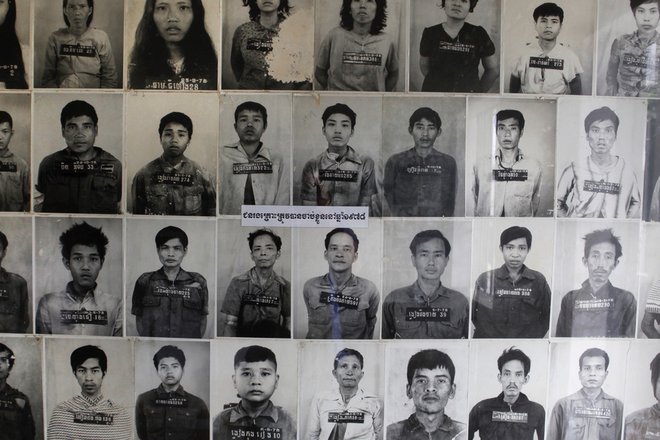
A Brief Guide to Investigating War Crimes
Curated by GIJN and the director of The VII Foundation, Ron Haviv
26-28 September, 9AM-10PM EET
Journalists have a critical role in reporting and investigating war and conflict. Shining a light on the practices of those who wage war, asking tough questions, digging to find evidence, and exposing lies and propaganda are all critical elements of the work of investigative journalists, and complement that of human rights researchers, photographers, and legal authorities to reveal what is really going on.
The photographs from this exhibition were gathered from the 16-chapter-long War Crimes Guide, put together by the Global Investigative Journalism Network (GIJN). They were contributed by the director of The VII Foundation, Ron Haviv, along with other VII photographers, who kindly provided dozens of compelling images from their archives to help illustrate the guide and make clear the impact of war and war crimes.
Photograph Curation:
Ron Haviv
Contributing Photographers:
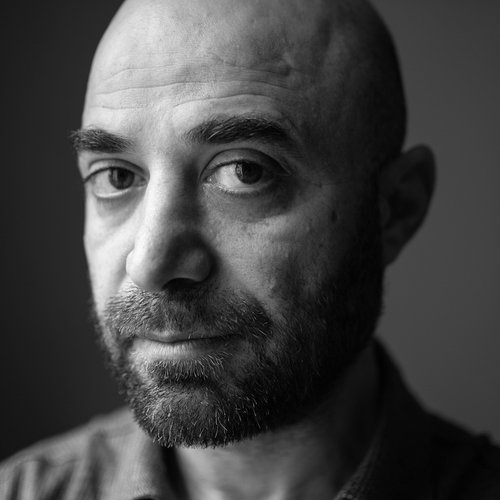
Ali Arkady is a photojournalist, artist, and filmmaker from Iraq. In 2017, he fled Iraq with his family after documenting Iraqi armed forces committing war crimes, which led to threats against his life. He sought refuge in Europe, where he was granted asylum and has since built a new life.
His photographs of war crimes in Iraq were published worldwide by international media, putting pressure on the Iraqi government to acknowledge the crimes committed by their soldiers. He received the prestigious Bayeux Prize for War Correspondents and the Free Press Unlimited Most Resilient Journalist Award for his exceptional courage and persistence. Additionally, his work was shown as part of the Venice Biennale in 2017, and he received the Prix des Amis des Beaux-Arts de Paris in 2022, with his work entering the Beaux-Arts de Paris collections.
Arkady’s work has focused on armed conflict and the daily life of his fellow citizens during the American occupation and the rise of the Islamic State. For over 18 years, he has portrayed Iraq’s conflicts and their consequences with sensitivity and an unflinching eye. His work in Iraq also includes highlighting the Yazidis’ plight, the Islamic State’s violence, and the ensuing displacement of internal populations.
He became a teacher in a UNHCR program for several Yazidi girls fleeing the Islamic State who wanted to train as photojournalists. He continues to mentor several of these students seven years later and also teaches students from the Arab-speaking, Kurdish, and English-speaking world through programs at the VII Academy.
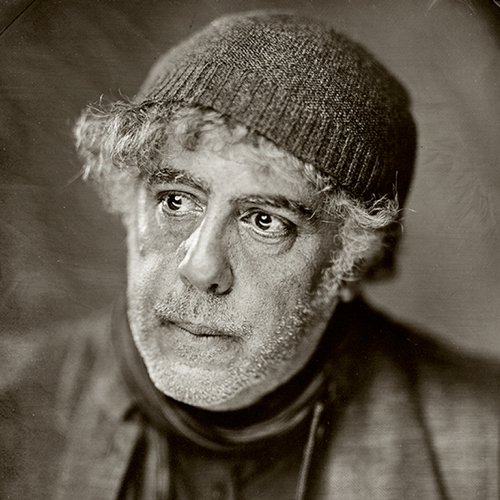
Ron Haviv is an Emmy-nominated filmmaker, award-winning photojournalist, and co-founder of the photo agency VII, dedicated to documenting conflict and raising human rights issues around the globe. He is also the co-founder of the non-profit VII Foundation, which concentrates on documentary projects and provides free visual journalism education.
Haviv has produced an unflinching record of the injustices of war, covering over twenty-five conflicts and having singular impact. His work in the Balkans, which spanned over a decade of conflict, was used as evidence to indict and convict war criminals at the international tribunal in The Hague. President George H.W Bush cited Haviv’s chilling photographs documenting paramilitary violence in Panama as one of the reasons for the 1989 American intervention.
His work is in the collections in numerous museums and galleries, including the Louvre, United Nations, Council on Foreign Relations, Fotografiska, Getty and the International Center of Photography.
He has provided expert analysis and commentary on ABC World News, BBC, CNN, NPR, MSNBC, NBC Nightly News, Good Morning America, and The Charlie Rose Show. He has written opinion pieces for The Washington Post and The New York Times and spoken at TEDx, along with numerous other lectures at universities and conferences.
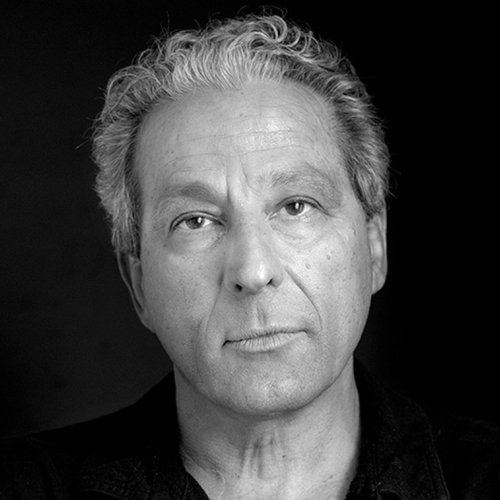
A powerhouse of energy and creativity, Ed Kashi is a photojournalist and filmmaker dedicated to documenting the social and geopolitical issues that define our times. In addition to photography and filmmaking, Kashi is an educator and leading voice in photojournalism, documentary photography, and visual storytelling.
His early adoption of hybrid visual storytelling has produced a number of influential short films and in 2015 he was named Multimedia Photographer of the Year by the POYi Awards. Kashi’s embrace of new approaches to visual storytelling has led to creative social media and printed projects for a range of clients, including National Geographic, Open Society Foundations, and The New Yorker.
A leading voice in the photojournalism world, Kashi frequently lectures on a wide range of topics for arts institutions, universities, schools and professional organizations. His work has been published and exhibited worldwide, receiving numerous awards and honors. Through his editorial assignments and personal projects Kashi has published 13 books.
In 2002, in partnership with his wife, writer and filmmaker Julie Winokur, Kashi founded Talking Eyes Media. The non-profit company has produced numerous award-winning short films, exhibits, books, and multimedia pieces that explore significant social issues.
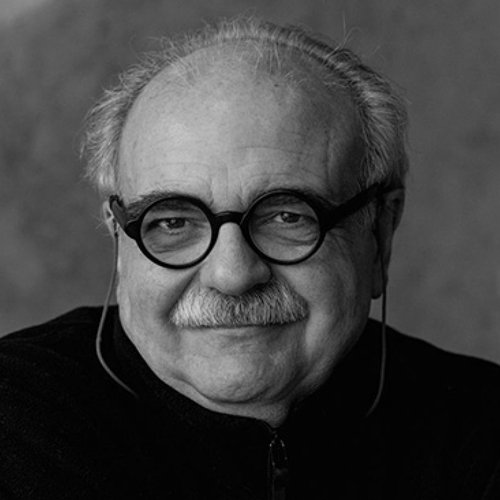
Franco Paggetti, who is based in Italy, has been a news photographer since 1994. Most of his work has involved war situations such as the conflicts in Afghanistan, Kosovo, East Timor, Kashmir, Palestine, Sierra Leone, and South Sudan.
Pagetti covered the conflict in Iraq starting in January 2003, three months before the start of the war. Afterward he was almost constantly based in Baghdad, mainly on assignment for Time Magazine. His images captured the horrors of war, the brief flowering of hope after the downfall of Saddam Hussein, the rise of insurgent and terrorist groups, and more recently, the inexorable descent into a bloody sectarian civil war.
His non-conflict news photography has included assignments in India, the Vatican City, Cambodia, Laos, Indonesia, Saudi Arabia, and his native Italy. In addition to Time Magazine, he has worked on assignment for Newsweek, The New York Times, The New Yorker and Stern. His work has been published in Le Figaro, Paris Match, The Times of London, and The Independent.
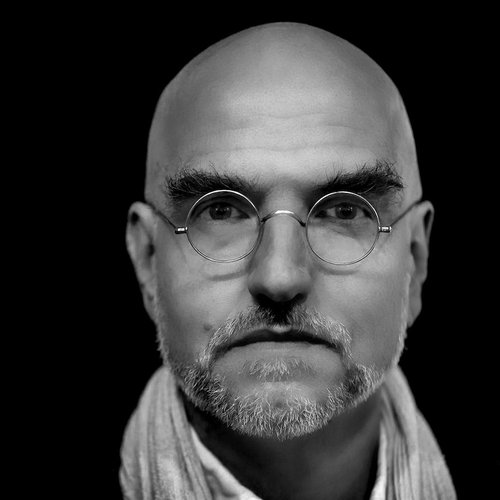
John Stanmeyer is a National Geographic Explorer, photographer, and artist. An Emmy nominated filmmaker and educator dedicated to environmental, social, and cultural issues that define our times, John has worked nearly exclusively with National Geographic magazine for more than 15 years, producing over 19 stories and more than 14 covers.
He has also been the photographer on the epic journey across the earth with writer and NatGeo colleague Paul Salopek on the Out of Eden Walk. Between 1998 and 2008, John was a contract photographer for Time magazine. His years with Time resulted in 18 covers.
In 2001, Stanmeyer co-founded the prestigious VII Photo Agency with six of the world’s leading photojournalists. Stanmeyer is an Emeritus member of VII and is a member of Ripple Effects Images, a collective of artists and storytellers working on women, empowerment, and equality.
He is the recipient of numerous honors, including the prestigious Robert Capa Award, POYi Magazine Photographer of the Year, and the World Press Photo of the Year in 2014.
Texts from the GIJN Guide By:
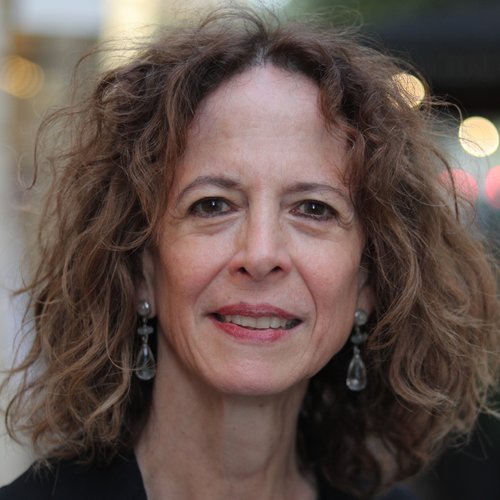
Anne Koch is a journalist, independent consultant and GIJN's former Program Director. She worked as a broadcast journalist and executive for more than 20 years, mostly for the BBC, where she served as deputy director of the BBC’s English World Service, executive editor of its flagship radio news and current affairs programs, and editor of the World Tonight.
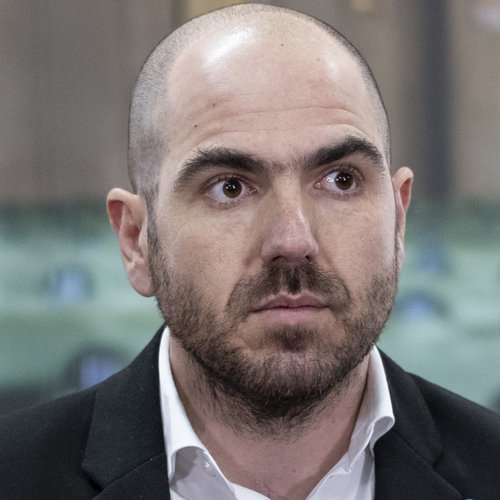
Denis Džidić is the executive director and editor of the Balkan Investigative Reporting Network in Bosnia and Herzegovina (BIRN BiH), an outlet that won the 2020 European Press Prize special award for its reporting about the Bosnian war. A journalist since 2006, he has worked for the Institute for War and Peace Reporting in Sarajevo and The Hague investigating transitional justice issues and covering war crimes trials related to the 1992–1995 conflict in BiH.
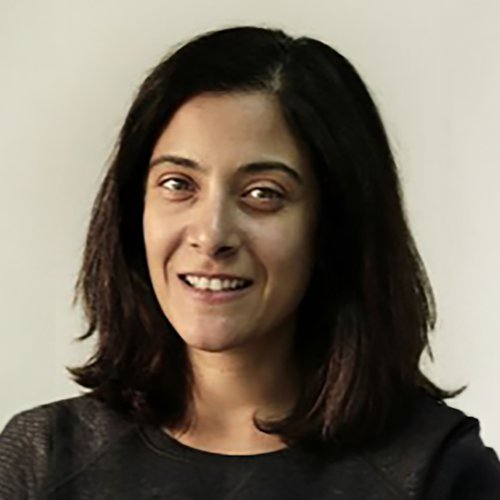
Maggie Michael is an investigative journalist who reported for ICIJ out of Cairo, Egypt, from 2021 until February 2023. She has more than 15 years of experience covering conflicts across the Middle East, and has gained deep knowledge of its political, social, and cultural dynamics. In 2019, she was part of an Associated Press team that won many international awards, including the Pulitzer Prize for international reporting, Michael Kelly Award, IRE, and McGill Medal for Courage for groundbreaking investigations of corruption, torture, and other war crimes in Yemen, a country plagued by protracted civil war.
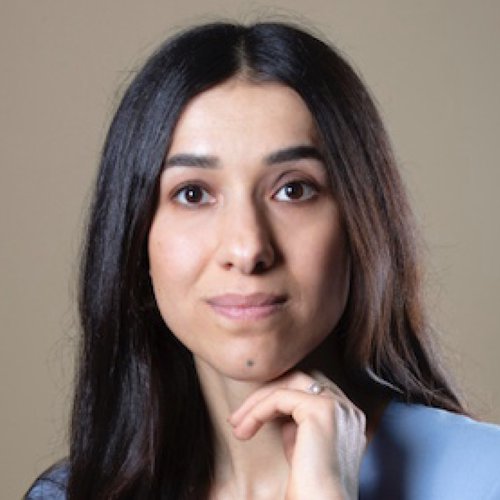
Nadia Murad is a human rights activist and co-recipient of the 2018 Nobel Peace Prize. She is a leading advocate for survivors of genocide and sexual violence. Her New York Times bestselling memoir, “The Last Girl: My Story of Captivity, and My Fight Against the Islamic State,” is a harrowing account of the genocide against the Yazidi ethno-religious minority in Iraq and Nadia’s imprisonment by the so-called Islamic State (ISIS). In her capacity as a member of France’s Gender Advisory Council, Nadia advocated G7 member states to adopt legislation that protects and promotes women’s rights. Nadia worked with the German Mission to the United Nations to pass UN Security Council Resolution 2467, which expands the UN’s commitments to end sexual violence in conflict. Nadia was also a driving force behind the drafting and passing of UN Security Council Resolution 2379, which established the United Nations Investigative Team to Promote Accountability for Crimes Committed by Da’esh/ISIL (UNITAD).
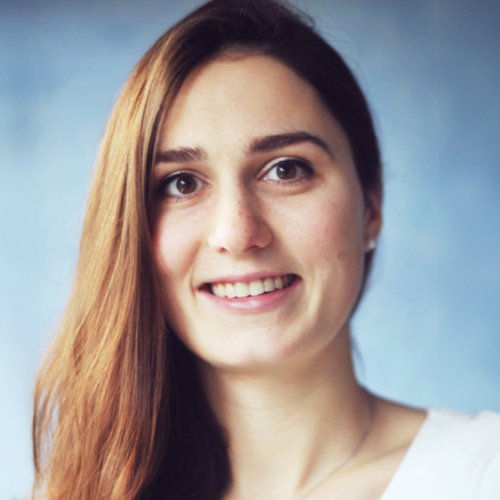
Dr. Claire Simmons is a legal expert on international humanitarian law. She is a senior lecturer at the Royal Military Academy Sandhurst, and fellow of the University of Essex Armed Conflict and Crisis Hub. She has experience working on international humanitarian law and human rights in academic institutions and non-profit organizations. The views expressed in this chapter are those of the author and do not necessarily reflect the views or positions of any affiliated entities.
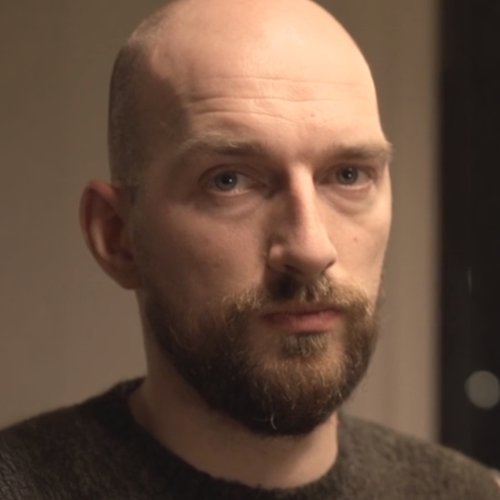
Wim Zwijnenburg is a humanitarian disarmament project leader for PAX. He works on conflict and environment-related issues in the Middle East, the use and proliferation of emerging military technologies, and the arms trade.
Research & Text Selection:
Ron Haviv & Nikolia Apostolou
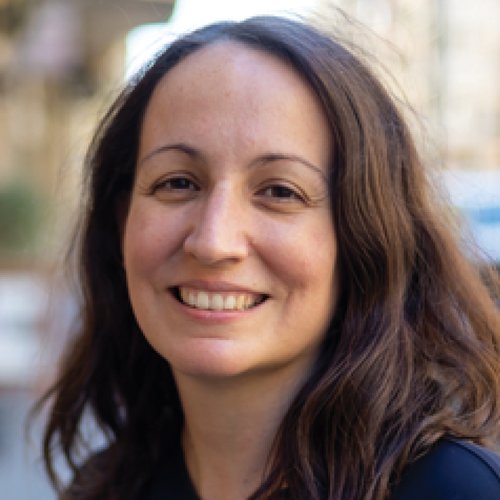
Nikolia Apostolou is GIJN’s Resource Center director, creating reporting guides and organizing trainings for journalists from around the world. Prior to that, she was a freelance journalist writing and doing video for international media like, the The New York Times, BBC, the Associated Press, AlJazeera, and she taught journalism to university students.
A few sentences about VII:
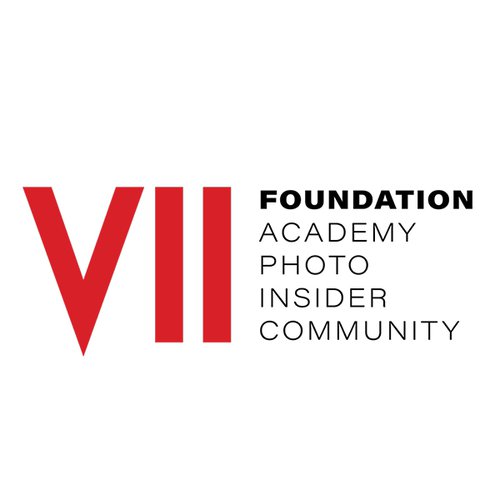
The VII Foundation’s mission is to transform visual journalism by empowering new voices through education, reporting stories advocating change, and hosting conversations that investigate, probe, and campaign for a safe and viable profession. In a world where beliefs and actions are increasingly out-of-sync with facts and realities, transforming visual journalism is an urgent task.
VII creates large-scale and long-term documentary projects, exhibitions, and films that reveal complex realities, advocate for change, and serve as resources for policymakers, journalists, and the public worldwide.
It also trains practitioners to develop new, critical, and underrepresented perspectives in visual journalism. VII Foundation teaches essential skills and strategies to ensure the truth is documented and the global audience can make evidence-based choices and decisions.
VII Foundation hosts public conversations that investigate the many challenges journalists face; probe the production, power, and impact of images; and campaign for a safe and viable profession. The regular online events, in-person panels, presentations, as well as Dispatches, the blog on Substack, all seek to secure and elevate the status of visual journalism.
A few sentences about Global Investigative Journalism Network (GIJN):
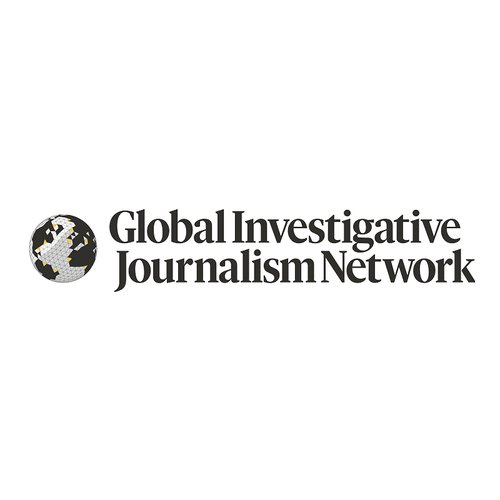
The Global Investigative Journalism Network (GIJN) is the international hub for the world’s investigative reporters. Its core mission is to support and strengthen investigative journalism around the world – with special attention to those from repressive regimes and marginalized communities. From its founding in 2003, GIJN has grown to include 250 member groups in 91 countries. Today, with a staff based in over 20 countries, GIJN works in a dozen languages to link together the world’s most enterprising journalists, giving them the tools, technology, and training to go after abuses of power and lack of accountability. For more information on their work, visit www.gijn.org.
GIJN staff who contributed to the guide are Arabic editor Majdoleen Hasan, former GIJN Program Director Anne Koch, GIJN Resource Center Director Nikolia Apostolou, former GIJN Executive Director David E. Kaplan, senior reporter Rowan Philp, associate editors Laura Dixon and Alexa van Sickle, and managing editor Reed Richardson.


